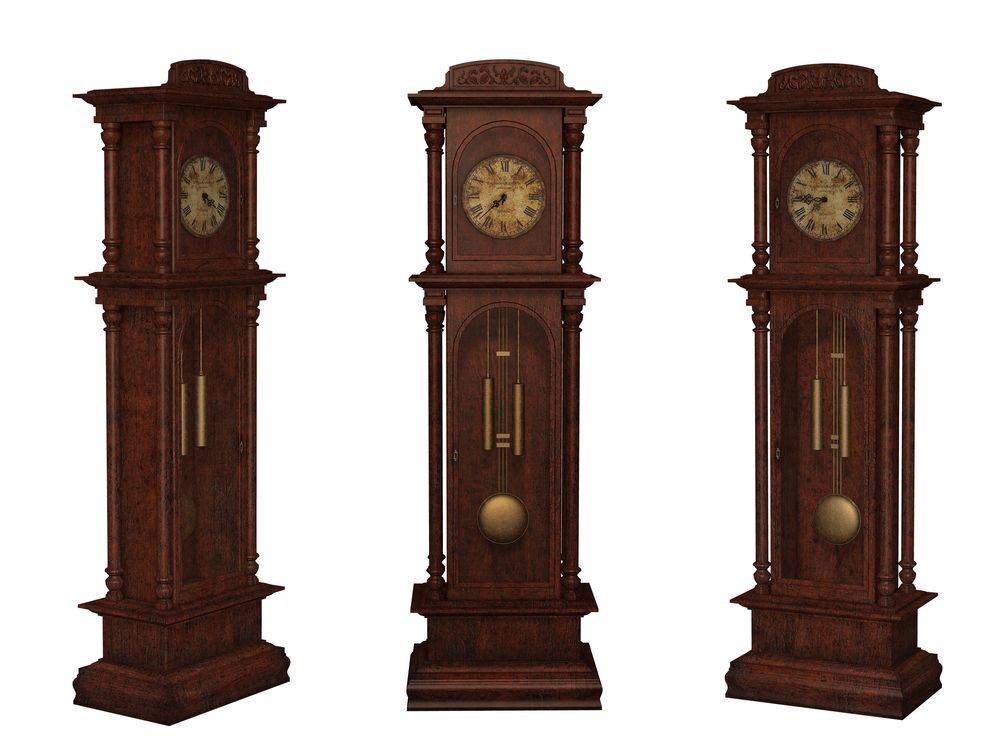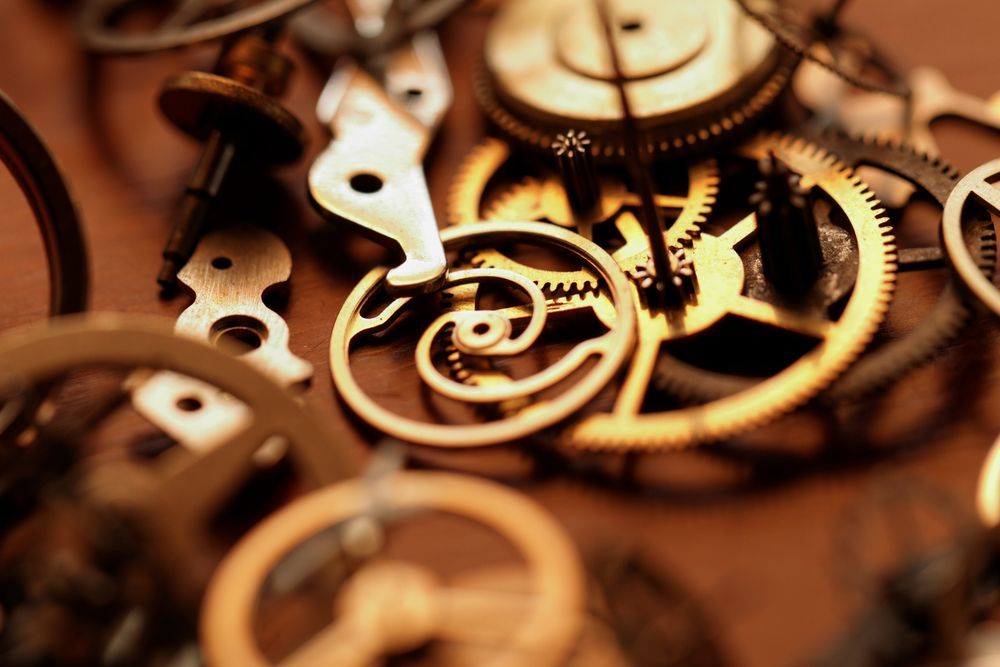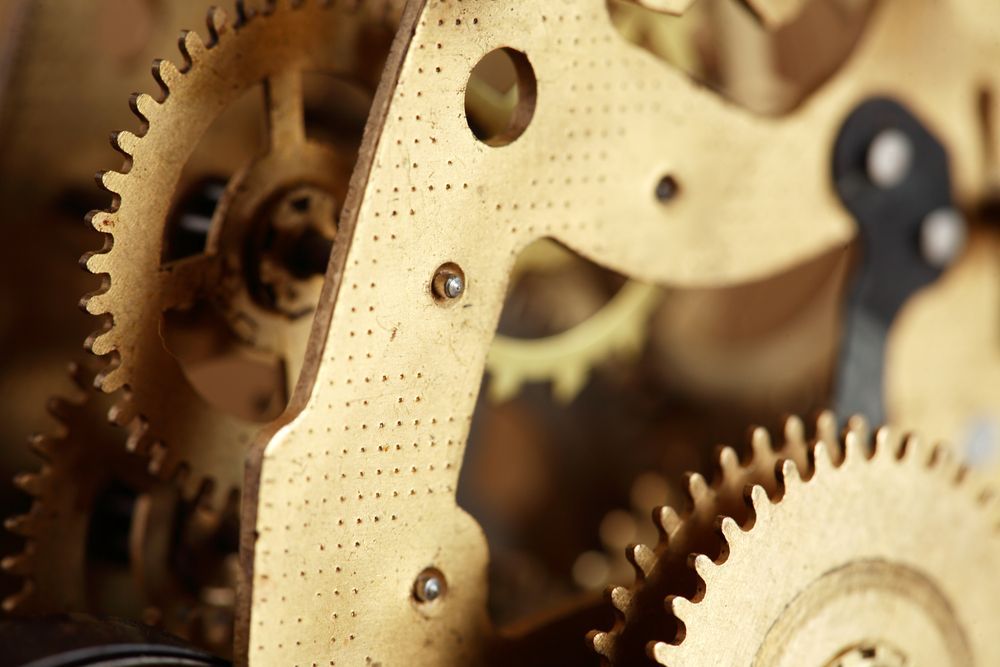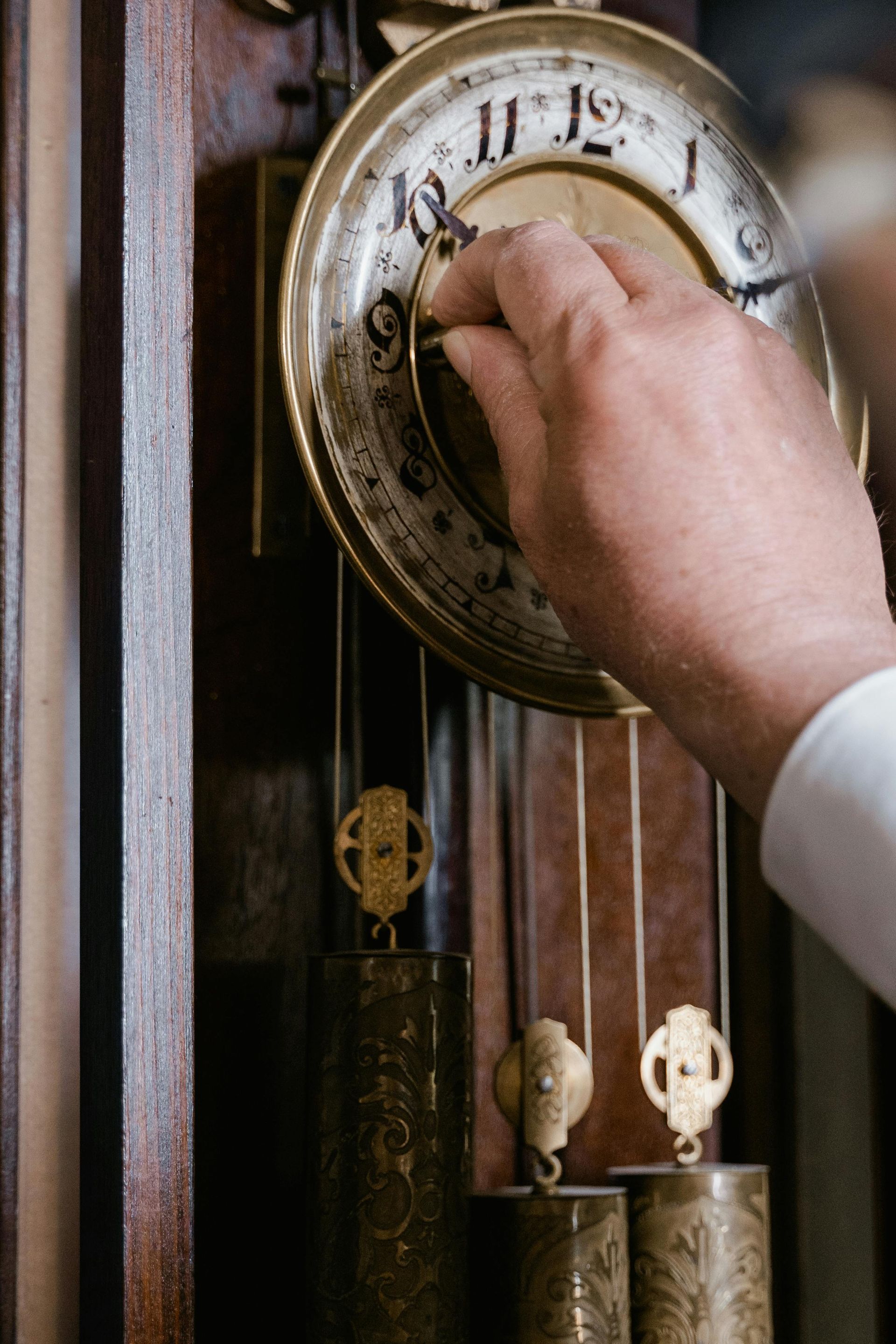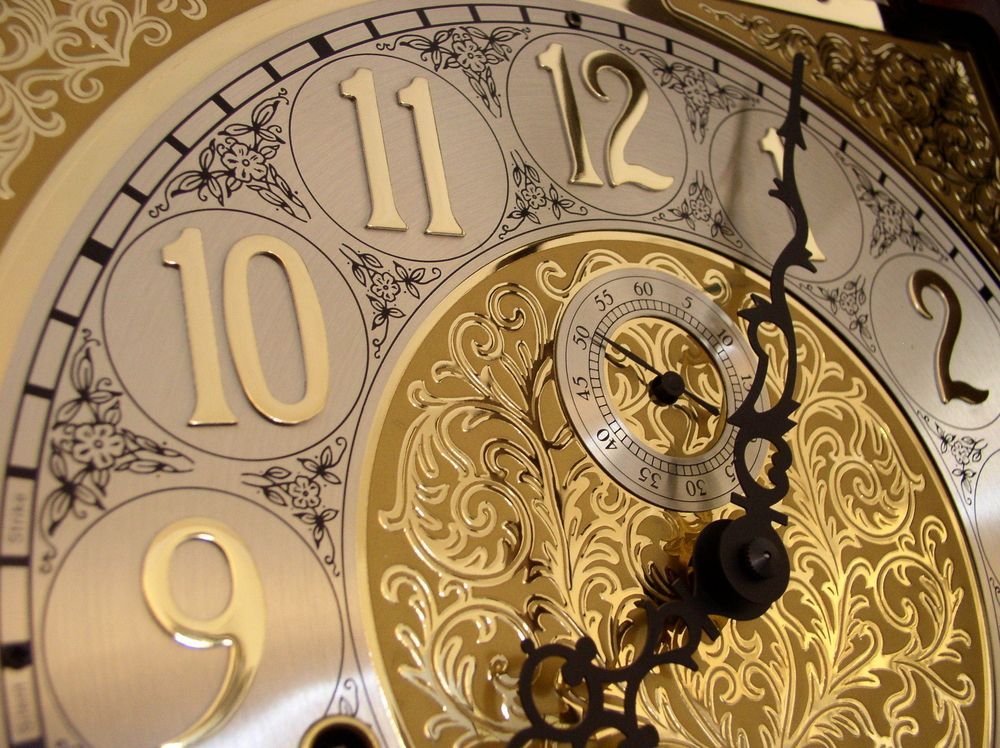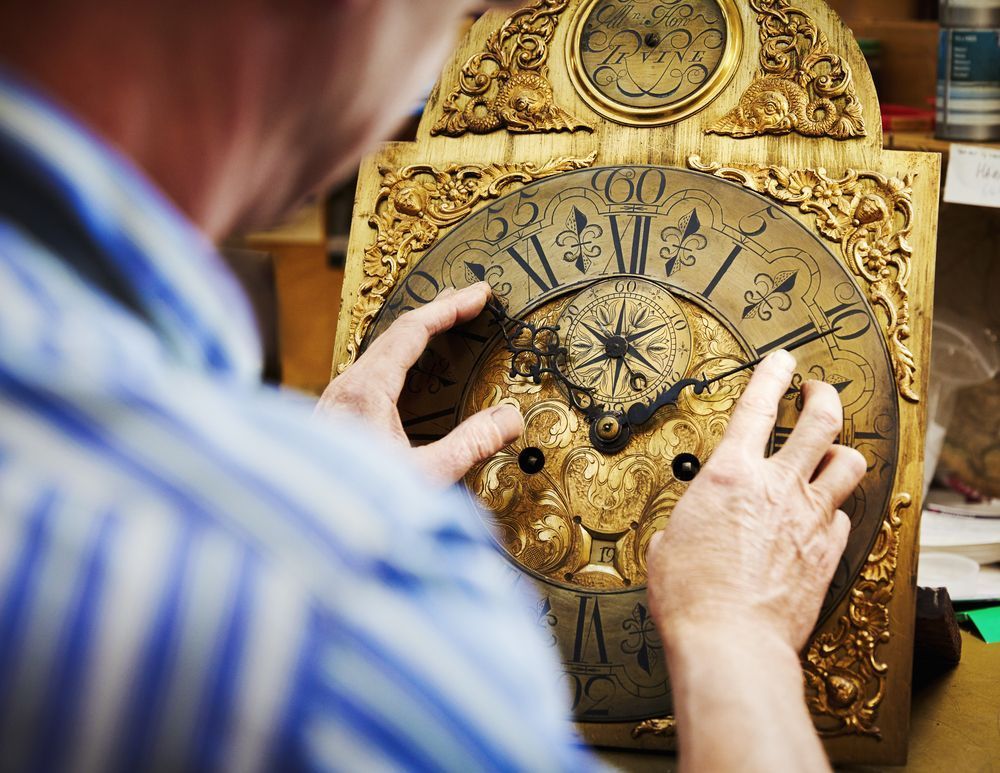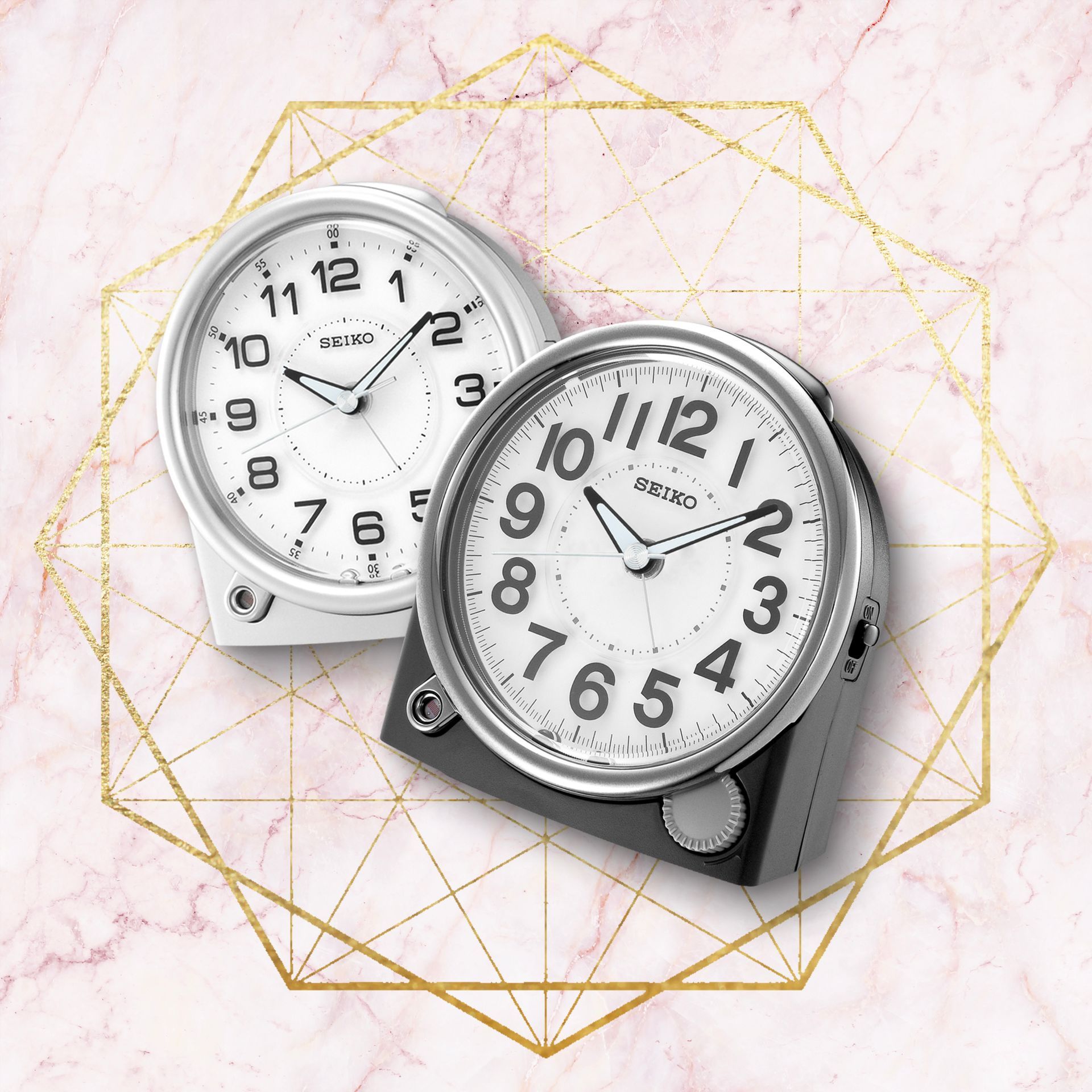Mechanical vs. Battery: Which Clock Type Is Right for You?
Choosing the right type of clock for your home or office can be a significant decision. With so many styles and features available, understanding the differences between mechanical and battery-powered clocks can help you select the ideal timepiece for your lifestyle and needs. Below, we'll explore the key differences, pros and cons, and how to determine which type of clock best suits your preferences.
Key Differences Between Mechanical and Battery Clocks
While both mechanical and battery-operated clocks serve the fundamental purpose of telling time, they differ greatly in their internal mechanisms, upkeep, and aesthetic appeal.
1. Power Source
- Mechanical Clocks: These clocks rely on a system of gears, springs, and pendulums or weights. They require manual winding (daily, weekly, or monthly, depending on the design) to maintain accuracy.
- Battery-Powered Clocks: As the name suggests, these clocks rely on batteries to maintain their operation. With no winding required, they offer a convenient, low-maintenance solution.
2. Precision and Accuracy
- Mechanical Clocks: While mechanical clocks are often admired for their craftsmanship, they may drift slightly over time and require periodic adjustment.
- Battery-Powered Clocks: These clocks are typically highly accurate, with quartz movement ensuring precision within seconds each month.
3. Design and Aesthetic
- Mechanical Clocks: Often considered elegant, traditional, and timeless, mechanical clocks are ideal for those who appreciate classic designs and vintage charm.
- Battery-Powered Clocks: Available in a wide range of modern, sleek, and minimalistic styles, battery-operated clocks are popular in contemporary spaces.
4. Maintenance and Longevity
- Mechanical Clocks: Regular maintenance is essential to ensure the internal components function smoothly. Proper care can help mechanical clocks last for generations.
- Battery-Powered Clocks: Aside from occasional battery replacements, these clocks require minimal maintenance but may have a shorter lifespan overall.
Pros and Cons of Mechanical Clocks
Mechanical clocks have long been cherished for their craftsmanship, artistry, and heritage. However, they require special attention to maintain their beauty and performance.
Pros:
- Aesthetic Appeal: Mechanical clocks often feature intricate designs, exposed gears, and mesmerizing pendulum movements.
- Durability: With proper maintenance, a quality mechanical clock can last for decades or even centuries.
- Investment Value: Many mechanical clocks, especially antique or collectible models, hold or increase in value over time.
- Artistry and Craftsmanship: Mechanical clocks are often handcrafted with fine materials, making them cherished family heirlooms.
Cons:
- Regular Maintenance Required: Mechanical clocks need routine winding and occasional professional servicing to maintain accuracy.
- Less Accurate: Over time, mechanical clocks can drift by several minutes if not properly calibrated.
- Delicate Parts: The intricate internal mechanisms are prone to wear and damage if mishandled.
Pros and Cons of Battery-Powered Clocks
Battery-powered clocks have become the go-to choice for modern households, thanks to their convenience and reliability. However, they may lack the traditional charm of mechanical models.
Pros:
- Minimal Maintenance: Battery clocks typically require little more than an occasional battery change.
- Affordability: Battery-operated clocks are generally more budget-friendly than mechanical options.
- Versatility: Available in a wide range of styles and sizes, battery clocks can fit seamlessly into any room.
- Portability: Battery-powered clocks can be placed almost anywhere without the need for winding or power cords.
Cons:
- Limited Lifespan: While battery-powered clocks can last for years, they may not endure as long as well-maintained mechanical clocks.
- Less Elegant Design: While some battery clocks can be beautifully designed, they often lack the intricate craftsmanship of mechanical models.
- Environmental Impact: Frequent battery replacements may result in environmental waste unless rechargeable batteries are used.
Which Clock Type Is Better for Your Needs?
Choosing between mechanical and battery-powered clocks ultimately depends on your lifestyle, aesthetic preferences, and willingness to perform maintenance. Below are some key considerations to help you decide:
1. For Traditional Charm and Heirloom Potential: If you appreciate vintage appeal, craftsmanship, and the charm of winding a clock regularly, a mechanical clock may be the right choice. Mechanical clocks are ideal for collectors, antique enthusiasts, or those seeking a long-term investment piece.
2. For Convenience and Modern Appeal: If you prefer a simple, low-maintenance option that fits seamlessly into your busy lifestyle, a battery-operated clock is likely your best bet. These clocks provide reliable timekeeping with minimal effort and work well in offices, kitchens, and bedrooms.
3. For Precision and Practicality: If you prioritize accuracy and ease of use, battery clocks with quartz movement offer precise timekeeping without the need for frequent adjustments.
4. For Longevity and Sentimental Value: Mechanical clocks offer lasting durability and an emotional connection to family history for those seeking a timepiece that can be passed down through generations.
Contact Chicago Clock Company Today
Whether you're drawn to the elegance of a mechanical clock or the practicality of a battery-powered design, both types of clocks offer unique benefits. If you're unsure which style best fits your needs, the experts at Chicago Clock Company can help you make an informed decision.
At Chicago Clock Company, we specialize in expert clock repair, battery replacement, and sales. Whether you need assistance choosing the right clock or require professional maintenance to keep your timepiece in perfect working order, we are here to help.
Get a free estimate while you wait!
Call now to schedule your appointment
or visit our showroom to explore a variety of clock styles that will suit your home or office perfectly.


